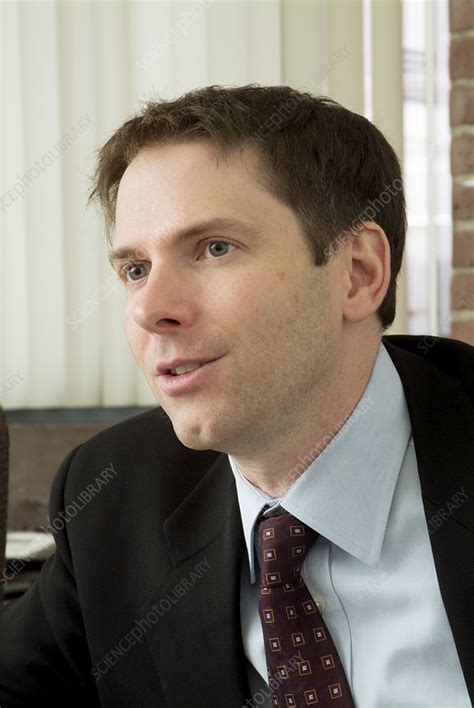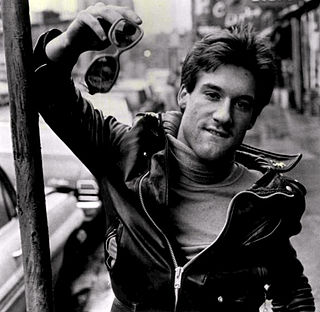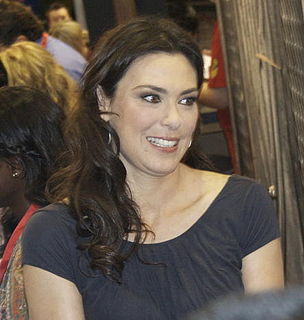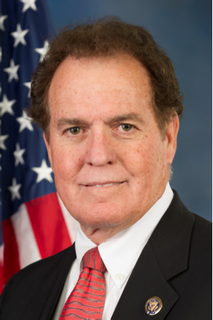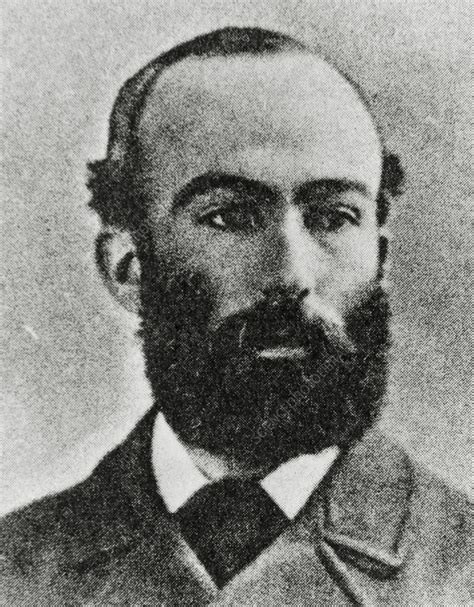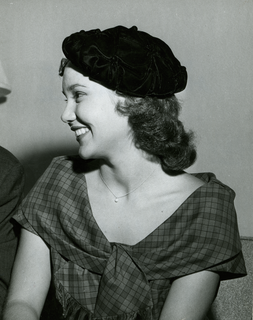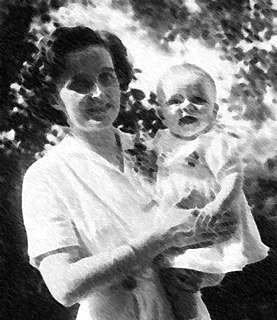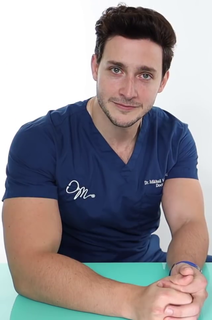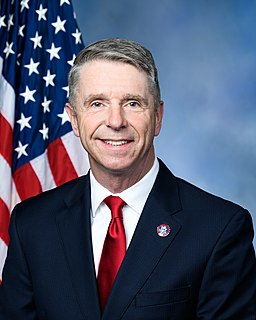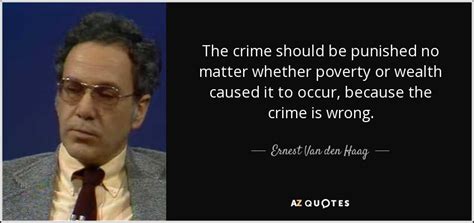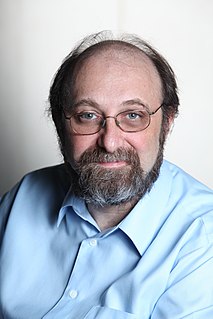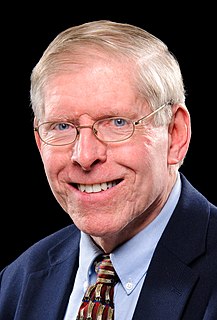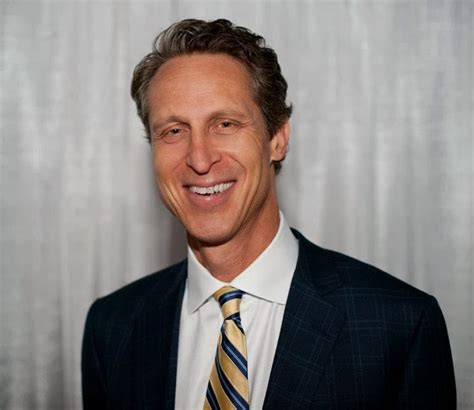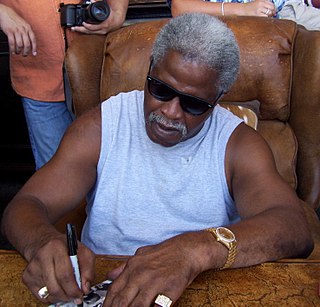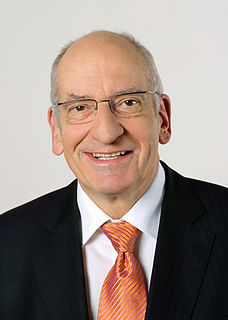Top 1200 Doctors And Patients Quotes & Sayings - Page 2
Explore popular Doctors And Patients quotes.
Last updated on April 20, 2025.
We need a comprehensive renewal of the nursing care system in Germany, and quickly. The two-tier medical system must be abolished. Patients with public health insurance are waiting months to be seen by a specialist doctor, while doctors increasingly give priority to privately insured patients. That's unacceptable. We also need an educational revolution. Medicine, nursing care, education: Germany is not a modern country when it comes to these three areas. We have to adapt our policies to the social reality. These are projects that can awaken Germany out of its torpor.
The bulk of my learning - if I may call it such - has come within the past three months, after I became a part of the fragile body of patients who make up an AIDS hospice. Here, surrounded by teams of supportive nurses, attentive doctors, and interns, one gently comes upon his own strengths and shortcomings.
As climate change moves from a model of the future to the reality of the present, health care systems across the country are facing a difficult set of questions. What are doctors supposed to do when wildfires, rising floodwater or other natural disasters threaten their ability to provide care for patients?
Today we have a health insurance industry where the first and foremost goal is to maximize profits for shareholders and CEOs, not to cover patients who have fallen ill or to compensate doctors and hospitals for their services. It is an industry that is increasingly concentrated and where Americans are paying more to receive less.
Once we as doctors are entrusted with the well-being of our patients and their children, it is our duty to take action, to be selfless, and fulfill our obligation to the service of others. I did so willingly, and it brought me great joy throughout my professional career. However, I always had a desire to do more.
Occasionally I talk with people who see doctors as people who do nothing but give of themselves and never receive from anyone else - especially not from their patients. That is totally false. The longer I remain in my profession, the more I realize how much I receive from those who come to me for help.
Operating-room errors hold a special terror for patients, if only because they seem like the most avoidable kind of complications. The occasional horror stories of patients who have the wrong leg removed or the wrong knee replaced generate the most headlines, as do tales of patients whose identities are mixed up entirely.
The main thing is that people see constant reports of break-ins on, on record systems and stolen financial data and social security records and so they'd think about you know what's going to prevent that happening with my medical records. And interestingly enough, patients are less worried about that than their doctors are.
Everyone works in the service of man. We doctors work directly on man himself... The great mystery of man is Jesus: 'He who visits a sick person, helps me,' Jesus said... Just as the priest can touch Jesus, so do we touch Jesus in the bodies of our patients... We have opportunities to do good that the priest doesn't have. Our mission is not finished when medicines are no longer of use. We must bring the soul to God; our word has some authority... Catholic doctors are so necessary!
A number of holistic and complementary medical doctors in the US, from general practitioners to psychiatrists, are using maca with a variety of patients. Both men and women report a significant boost in libido. And a number of men who have suffered from erectile dysfunction have improved, as a result of taking maca.
Part of my training was learning how to refer patients to cardiologists for heart problems, gastroenterologists for stomach issues, and rheumatologists for joint pain. Given that most physicians were trained this way, it's no wonder that the average Medicare patient has six doctors and is on five different medications.
In the Swiss government there is a will to limit the number of doctors themselves, because with new bilateral agreements with the European Union, there is what we call the "free flow of persons"; that our borders are open to immigration. And as the Swiss doctors are better paid than others, we could have a huge increase of immigration of doctors, more than we need. So we decided to limit the numbers of doctors coming into Switzerland. It is not a very intelligent system, but it is the best one that we have found to limit immigration of doctors.
The rhythm of music is very, very important for people with Parkinson's. But it's also very important with other sorts of patients, such as patients with Tourette's syndrome. Music helps them bring their impulses and tics under control. There is even a whole percussion orchestra made up exclusively of Tourette's patients.
Pretty much everybody knows there are not enough organs for all of those patients who need to get transplants, and what happens is, is that organs are actually directed in liver transplantation to those patients who are the sickest. So the patients who have the greatest chance of dying in the next three months or so are the ones who get the priority for the liver transplant.



